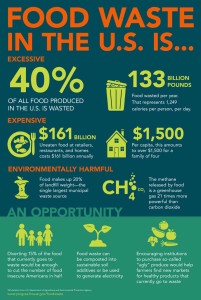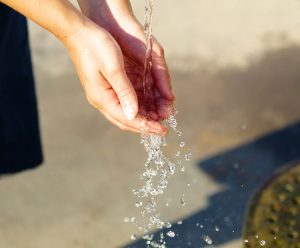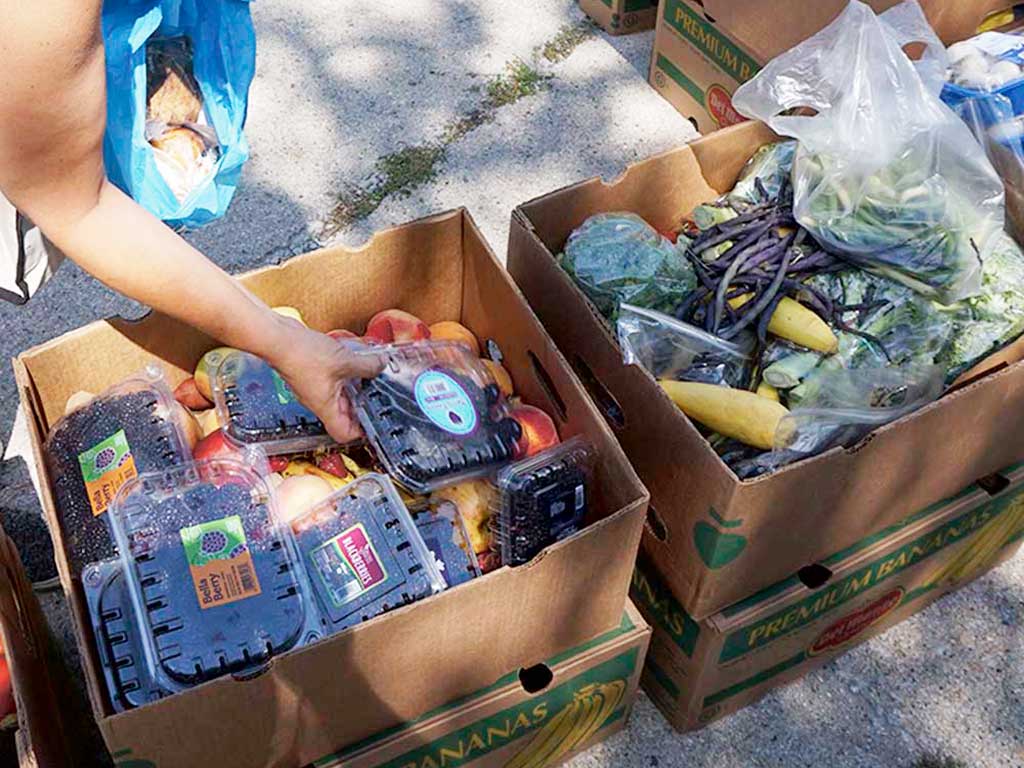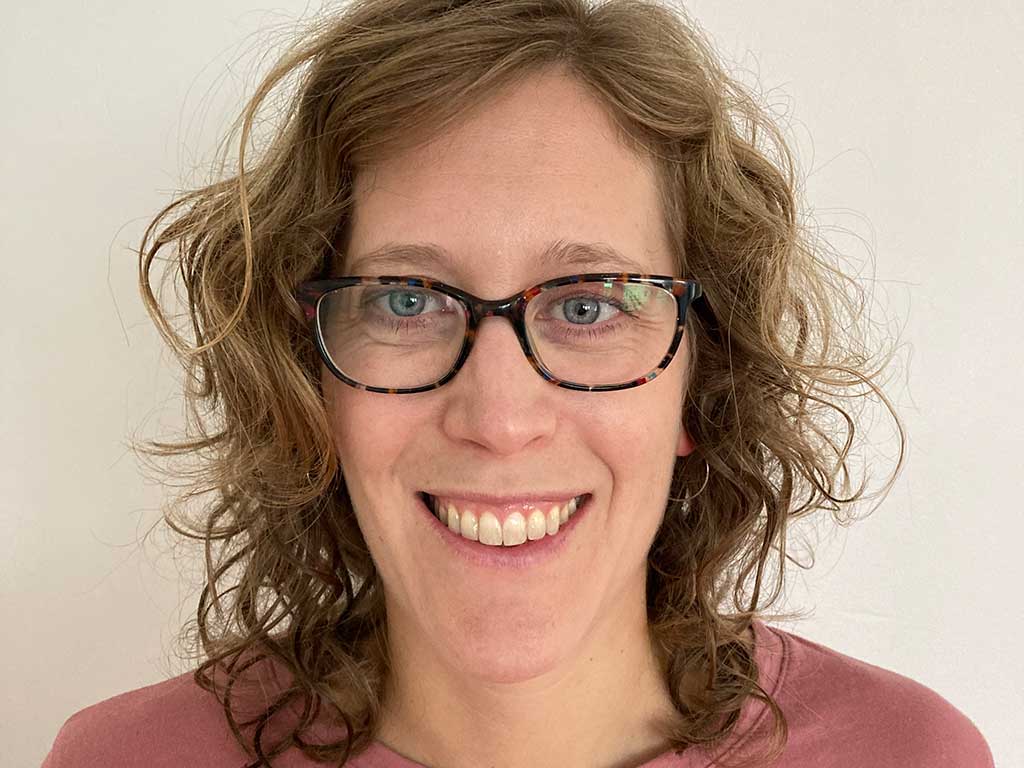Food Security and Clean Drinking Are Inseparable
by Bryer Sousa
In our companion articles, Autumn Minery and I reflect upon our adolescence, since adolescence was when food security, better yet, food insecurity, most directly impacted our lives.
 I was effectively raised by my mother, who worked tirelessly at a salon to care and provide for me. As a student of the Amesbury (MA) Public School System I was awarded “reduced lunch”. Even still, I remember quietly watching those I loved and cared for scourer through the lunch trays to catch the remnants of chicken patties. Before long the janitors discovered what my friends were up to and put a stop to it. They were just trying to delay the hunger pains through the school day.
I was effectively raised by my mother, who worked tirelessly at a salon to care and provide for me. As a student of the Amesbury (MA) Public School System I was awarded “reduced lunch”. Even still, I remember quietly watching those I loved and cared for scourer through the lunch trays to catch the remnants of chicken patties. Before long the janitors discovered what my friends were up to and put a stop to it. They were just trying to delay the hunger pains through the school day.
Autumn’s personal accounts of food insecurity are all too familiar to my own experiences. Understand, Autumn also comes from the newly solidified American tradition of divorce and a set of laboring parents… Yet, the matter of food insecurity reaches beyond our collective experiences. Within Maine alone, nearly 1 out of 4 children are food insecure and 15 percent of households within Vacationland are food insecure, according to Good Shepard Food Bank. Meanwhile, this issue of food security is happening within the confines of a developed nation. Tragically, food insecurity transpires in Maine despite being a part of the wealthiest plutocracy in the world.
Global Food (In)Security
Outside of the US the matter of food security is most concerning when viewed through the prospect of anthropogenic climate change and environmental catastrophe…
Earlier this year the World Food Program issued a statement that illustrated a tripling of humanitarian need in Ethiopia alone. In other words, as Graham Peebles pointed out in his April 2016 article for Counterpunch, titled Hungry and Frightened: Famine in Ethiopia 2016, the humanitarian need tripled in under a single year. More tragically, the umbrella of ‘humanitarian need’ in the South generally includes scarce access to the most precious substance to sustain life – clean drinking water.
Water and Human Rights
 I have thought deeply about the issue of clean water. So I co-founded the Water for ME Foundation during my freshman year at the University of Maine. As such, I know well that the United Nations General Assembly passed Resolution 64/292, “acknowledging the importance of equitable access to safe and clean drinking water and sanitation as an integral component of the realization of all human rights.” But, I know too that more than five years have passed since the adoption of the resolution, and so far the international community is nowhere close to solving the issue at hand.
I have thought deeply about the issue of clean water. So I co-founded the Water for ME Foundation during my freshman year at the University of Maine. As such, I know well that the United Nations General Assembly passed Resolution 64/292, “acknowledging the importance of equitable access to safe and clean drinking water and sanitation as an integral component of the realization of all human rights.” But, I know too that more than five years have passed since the adoption of the resolution, and so far the international community is nowhere close to solving the issue at hand.
Anyone who is familiar with effective altruism knows that state or corporate intervention, beyond some limited UN relief aid, will not be employed unless there exists a profit to be made from the humanitarian work. In the case of clean drinking water being a human rights, capitalist institutions maintain no interest. One need only to look at the scandal that seems to continue to unfold in Flint, Michigan. Clearly, profit is prioritized over people. And furthermore, such tragedies are not abstract, occurring in a distant, and foreign, land.
Profoundly, more than 1.2 billion people are currently unable to access clean drinking water and water sanitation. Grassroots organizations like the Water for ME Foundation are essential in the struggle for peace and the “realization of all human rights” for everyone around the globe.
Water and Food Security Are Universal Social Solvents
In a grant proposal I authored, The Integral of Bio-sand/Ceramic Filtration: Nanofibrillated Cellulose and Sustainable Peace, I wrote, “Water: a substance referred to by chemists as the universal solvent. However, peace seeking social activists and humanitarians must also recognize that water is likewise the universal social solvent. A social solvent of such magnitude that peace can never be attained if any individual is without it.”
Correctly, water is an universal social solvent. But, my assertion lacks completeness. Instead, I should have also recognized that food security is similarly essential. Nevertheless, the Water for
ME Foundation continues to provide water sanitation in developing countries. Also, the foundation continues raise awareness and promote education for water sanitation at home and abroad, publicize clean water initiatives, and enable activism by offering a unified platform for the human right to clean water.
To learn more about the Water for ME Foundation please visit our blog via waterforme.tumblr.com and our website at www.waterforme.org.
Bryer Sousa
Bryer Sousa is currently majoring in mathematics at the University of Southern Maine. He is a journalist and weekly columnist for the student newspaper, The Free Press.






